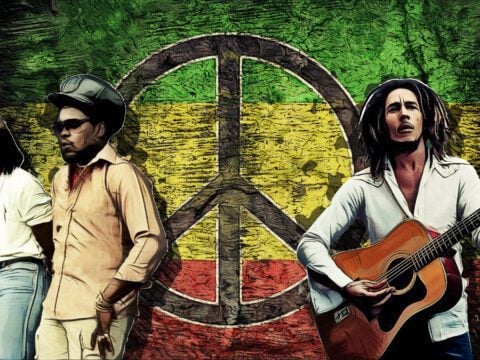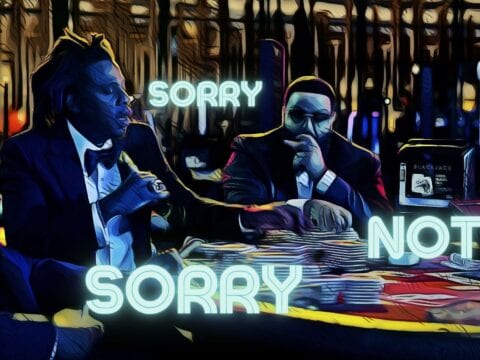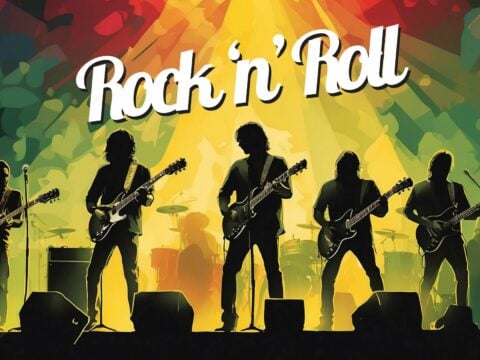God [#][*]
Lyrics
God is a concept
By which we measure
Our pain
I'll say it again
God is a concept
By which we measure
Our pain
I don't believe in magic
I don't believe in I-Ching
I don't believe in Bible
I don't believe in tarot
I don't believe in Hitler
I don't believe in Jesus
I don't believe in Kennedy
I don't believe in Buddha
I don't believe in mantra
I don't believe in Gita
I don't believe in yoga
I don't believe in kings
I don't believe in Elvis
I don't believe in Zimmerman
I don't believe in Beatles
I just believe in me
Yoko and me
And that's reality
The dream is over
What can I say?
The dream is over
Yesterday
I was the dream weaver
But now I'm reborn
I was the Walrus
But now I'm John
And so dear friends
You'll just have to carry on
The dream is over
Writer(s): John Winston Lennon
Copyright(s): Lyrics © Downtown Music Publishing, Warner Chappell Music, Inc.
Lyrics Licensed & Provided by LyricFind
The Meaning of God [#][*]
Be the first!
Post your thoughts on the meaning of "God [#][*]".
![God [#][*]](https://cdn.lyreka.com/media/images/tracks/covers/john-lennon-plastic-ono-band-885191.jpg?width=640&height=640)
![God [#][*]](https://cdn.lyreka.com/media/images/tracks/covers/john-lennon-plastic-ono-band-885191.jpg?width=300&height=300)
![God [#][*] Music Video](https://img.youtube.com/vi/aCNkPpq1giU/mqdefault.jpg)








